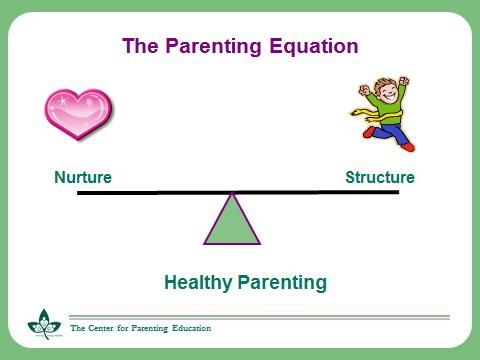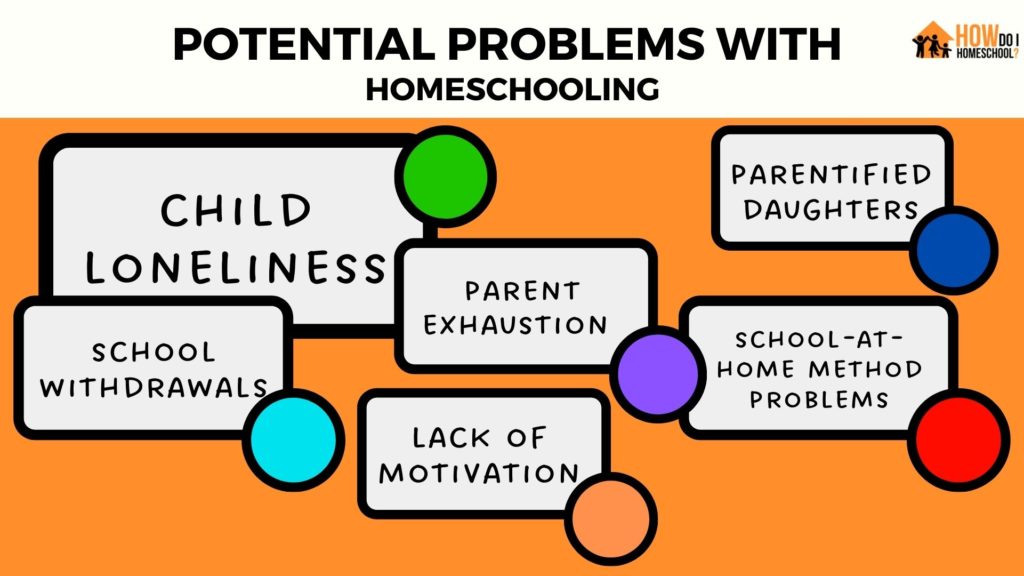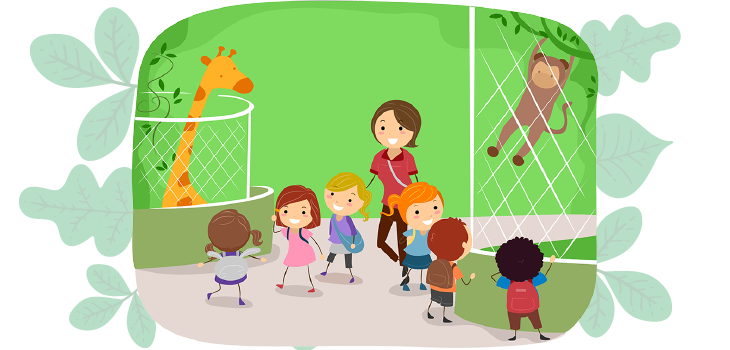Comprehensive Parenting Programs for Lasting Family Bonds

Empower Your Parenting Journey with Expert Guidance
Parenting is an incredible journey filled with joy, challenges, and a multitude of learning experiences. To navigate this intricate path successfully, it’s crucial to seek expert guidance. The Center for Parenting Education stands as a beacon of support, offering comprehensive programs designed to empower parents and foster lasting family bonds.
Holistic Approach to Parenting Excellence
At the heart of the Center’s philosophy is a holistic approach to parenting. Rather than focusing on quick fixes, our programs delve into the core of parenting dynamics, emphasizing the importance of emotional connection and effective communication. We believe that a well-rounded approach nurtures not just the child but the entire family unit.
Navigating Parenthood with Confidence
The journey of parenthood often comes with uncertainties and doubts. Our expert-led education center serves as a reliable compass, guiding parents through the challenges with confidence. From the early stages of parenting to navigating the turbulent teenage years, our programs provide insights, strategies, and practical tools to bolster your confidence as a parent.
Proven Programs for Lasting Impact
What sets the Center for Parenting Education apart is the commitment to offering proven programs with a lasting impact. These programs are meticulously crafted, drawing on the expertise of seasoned educators and child development specialists. Through evidence-based strategies, we equip parents with the skills and knowledge needed to cultivate a positive family environment.
Parenting Wisdom: Unlocking Your Full Potential
One of the cornerstones of our educational approach is the belief in unlocking the full potential of every parent. We understand that each family is unique, and our programs are tailored to cater to diverse parenting styles and needs. By tapping into your innate wisdom, our courses empower you to become the parent you aspire to be.
Transformative Learning for Modern Parents
In the fast-paced world we live in, parenting demands constant adaptation to new challenges. The Center for Parenting Education embraces this reality, offering transformative learning experiences for modern parents. Our courses cover a spectrum of topics, from navigating digital parenting to fostering resilience in children, ensuring that you are well-equipped for the demands of contemporary parenthood.
Inspiring Family Connections through Parenting Education
Beyond providing practical skills, our programs emphasize the significance of fostering strong family connections. We believe that a connected family is a resilient one. By inspiring open communication, empathy, and understanding, our courses lay the foundation for creating a nurturing family environment where everyone feels heard and valued.
Your Partner in Parenting: Expert-Led Education
At the heart of our educational initiatives is the expertise of our instructors. Our team comprises seasoned professionals in the fields of child development, psychology, and education. With a wealth of experience, they serve as your partners in parenting, offering guidance, support, and a wealth of knowledge to enrich your parenting journey.
Elevate Your Parenting Game: Education Center
Parenting is not just a responsibility; it’s an opportunity for personal growth and fulfillment. The Center for Parenting Education is your gateway to elevating your parenting game. Through





64be9b29b5881.jpg)



